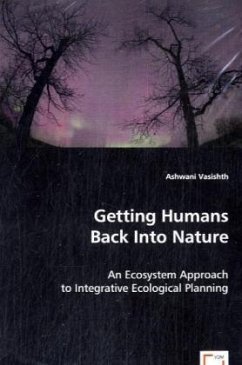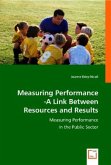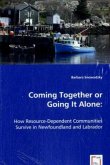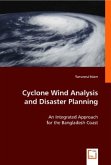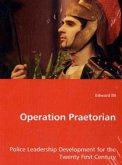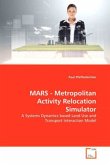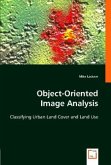To think ecologically is to recognize that reality is rarely singular, and that there is usually more than just the one thing going on at the same time. Additionally, some few aspects of a phenomenon usually matter much more than others, and the physically tangible world we care most about is usually shaped by intangible sets of processes and functions. What we see is rarely all that we get. Under these conditions, an ecological planning becomes the richly informative telling of context, and the cognitively savvy tracing of consequence. Some key insights from such a view are that complex systems: are best organized into nested levels; that their descriptions are inherently purposive and perspectival; and that they can only be meaningful if they are seen to have multiple boundaries, and depicted using multiple spatial and temporal scales. I use cases from the history of ecology and social theory, habitat conservation planning, urban ecology, regional planning, and disaster planning, to synthesize a description of what it means, pragmatically, to think and plan in an integrative and ecological way, using an ecosystem approach from scale-hierarchic ecology.
